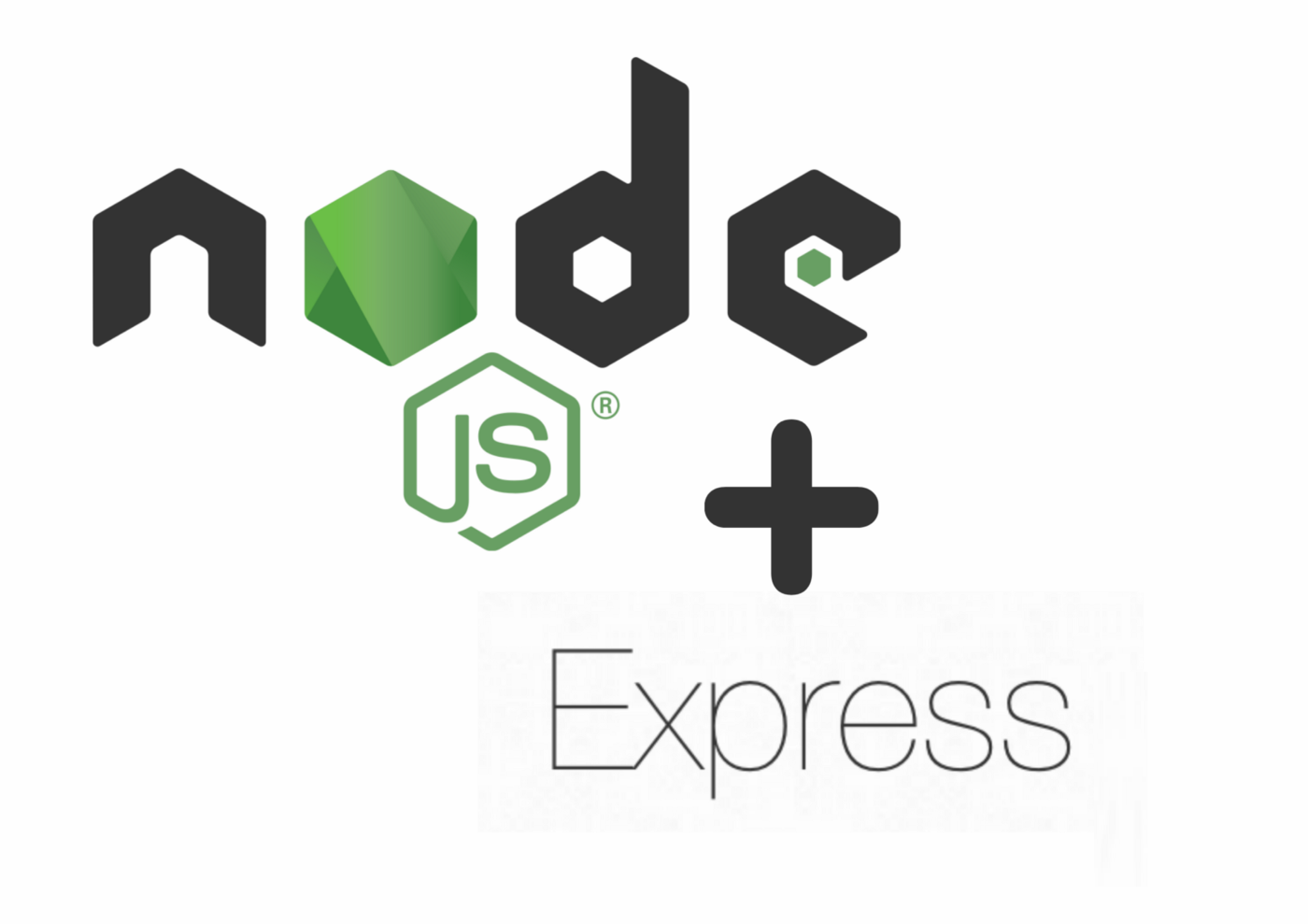
Node.js & Express.js
The Node.js and Express.js course is designed to introduce students to modern backend development using JavaScript, enabling them to build scalable, high-performance web applications and APIs. Starting from the fundamentals of Node.js, students learn how to work with core modules, manage asynchronous code using callbacks, promises, and async/await, and build basic HTTP servers using native modules. The course then transitions into Express.js, a powerful web framework built on top of Node.js, where students learn routing, middleware, and server-side logic essential for developing RESTful web services.
Throughout the course, students gain hands-on experience in building real-world backend applications. They connect applications to NoSQL databases like MongoDB using Mongoose, implement secure user authentication with JWT and bcrypt, and learn how to handle sessions, roles, file uploads, form data, and dynamic responses. The course covers the complete process of API development—from request handling and validation to error management and testing using Postman and tools like Jest or Mocha. Emphasis is placed on best practices for security, modular architecture, and clean code standards.
By the end of the course, learners are able to develop fully functional, production-ready backend systems using Node.js and Express. They will have deployed a capstone project to platforms like Heroku, Vercel, or DigitalOcean, showcasing skills in database integration, routing, user management, and server-side logic. This course prepares students for roles such as Backend Developer, Node.js Developer, or Full-Stack Developer (when combined with frontend skills), and lays the foundation for advanced concepts like WebSockets, microservices, and cloud deployment.
Course Requirements
To ensure students gain the most from this Node.js & Express.js course, the following basic requirements and prerequisites are recommended:
-
Basic Knowledge of JavaScript
Students must have a good understanding of JavaScript fundamentals, including ES6+ features such as arrow functions, destructuring, promises, and asynchronous programming.
-
Familiarity with HTML & CSS
Although this is a backend-focused course, a basic understanding of HTML and CSS is required for building and testing API integrations with frontend interfaces.
-
Understanding of HTTP & APIs
Prior exposure to HTTP methods (GET, POST, etc.) and basic API concepts will help students grasp backend development more efficiently.
Professional Experience and Skills Gained from Node.js & Express.js Course
-
Backend API Development Using JavaScript :
Gain hands-on experience building powerful, scalable server-side applications and RESTful APIs using Node.js and the Express.js framework, aligned with industry standards.
-
Database Integration and CRUD Operations :
Learn to design and implement full database systems using MongoDB and Mongoose, including data modeling, schema validation, and performing advanced CRUD operations.
-
User Authentication and Authorization :
Develop secure login and registration systems using JWT, bcrypt, and Express middleware, implementing real-world authentication workflows and access control mechanisms.
-
API Testing, Debugging, and Deployment :
Acquire practical skills in testing APIs using Postman, debugging Node.js applications, and deploying backend services to live servers (Heroku, Vercel, or DigitalOcean) with tools like PM2 and Git.
-
Real-World Project Development Workflow :
Build full backend projects from scratch, applying modular coding practices, using tools like environment variables, Git version control, and Express routing to simulate real industry backend development environments.